Meet the Ukrainian Designer Behind Madonna’s Cowboy Hats
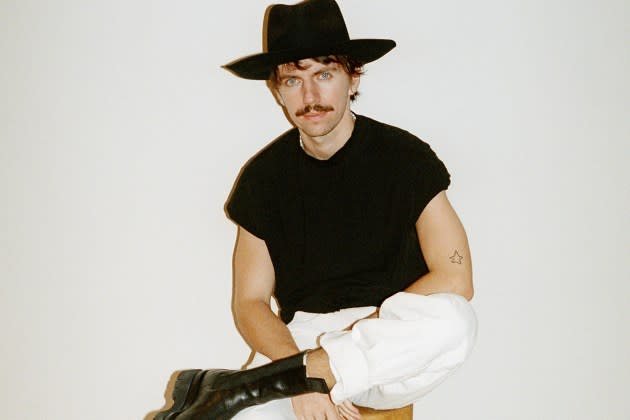
Seeing Madonna strut onstage for the London opening date of “The Celebration Tour” wearing a cowboy hat you designed would feel like the crowning moment for any designer.
Between creating hats for the “Material Girl” superstar, some 200 doors worldwide selling his designs and winning this year’s ANDAM Accessories Prize, one wouldn’t imagine Ukrainian designer Ruslan Baginskiy has been “living in total bipolarity” since the start of the Russian invasion of Ukraine in February 2022.
More from WWD
Neil Cole Sentenced to 18 Months for Inflating the Books at Iconix
Madonna and Ministry of Tomorrow Unite for Exclusive 'Celebration Tour' Merchandise
So for the Lviv-based milliner, collaborating with an artist of Madonna’s stature is “always an incredibly proud and historic moment for me, for the team,” but it’s also a win for his compatriots, he told WWD. “Cultural victories actually mean a lot at a time of war.”
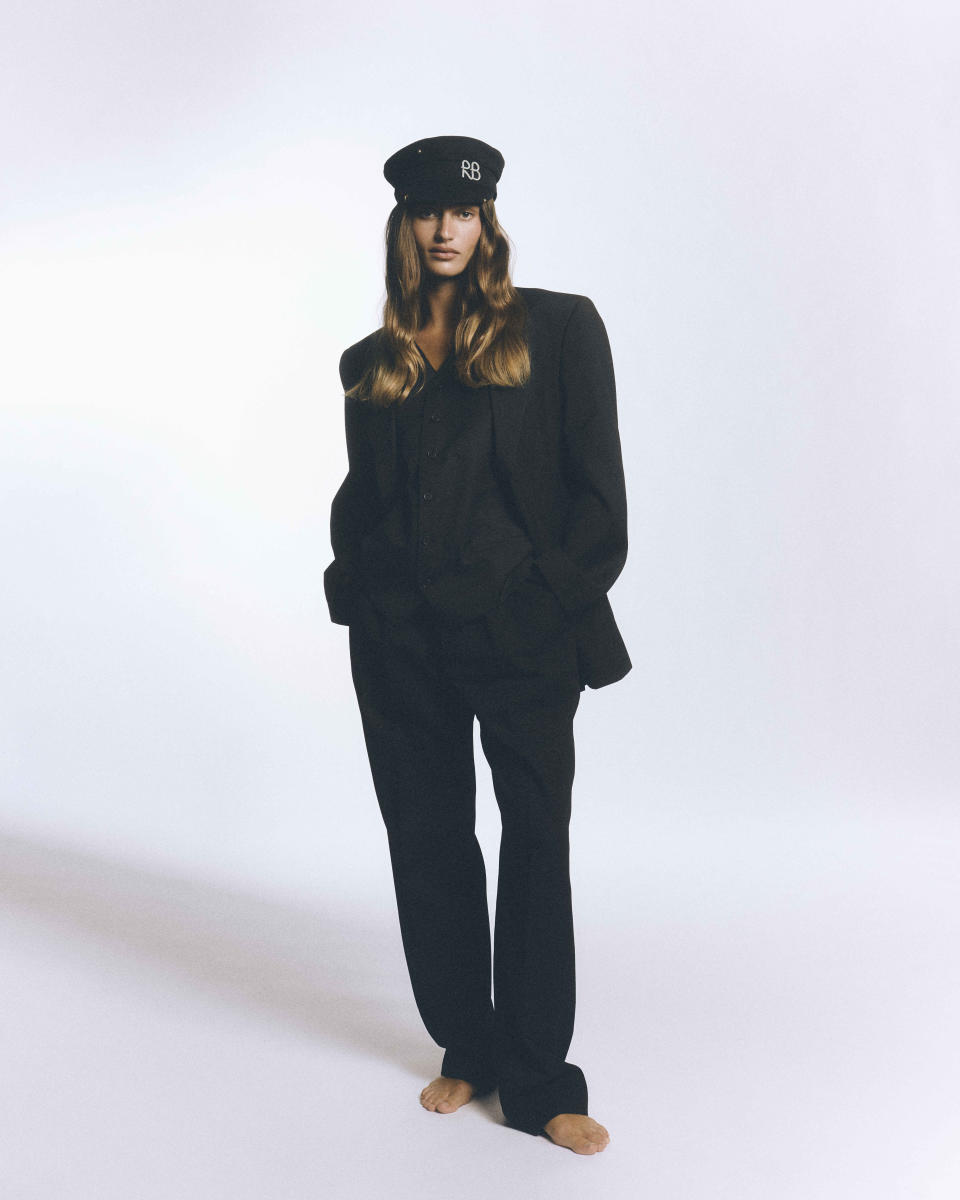
It’s also the culmination of a path that started in his hometown of Lviv a decade ago, when he and cofounder Petro Yasinsky decided they “wanted to build a successful international business in Ukraine” in headwear, with fully integrated production and a close-knit team.
Born in Lviv, a city in western Ukraine near the border with Poland, 34-year-old Baginskiy was long fascinated by fashion but didn’t immediately pursue this “biggest passion in [his] life,” enrolling in the geography department of the Ivan Franko National University of Lviv instead. That’s when he met then-economy student Yasinsky.
Moonlighting as a stylist for both fashion editorials and runway shows of local designers, he “ended up doing hats because no one was making good [styles], so I made them,” at first by upcycling vintage finds and deadstock, later by creating his own models, he recalled.
The brand launched in 2015 and the pair were soon joined by Victoria Semerei, now a partner in the business and the brand’s wholesale director.
By the time the fledgling company moved to Ukraine’s capital Kyiv and did its first presentation in 2017, his hats with a stitched “RB” signature were already spotted on the likes of Chiara Ferragni. The team numbered around 20 people, including Baginskiy’s parents and brother.
But the brand really landed on the international stage when Bella Hadid and Kaia Gerber wore his baker boy design at a party in New York, after he’d reached out to them on Instagram. Seemingly overnight, his caps became catnip for style mavens, among them Gigi Hadid, Janelle Monáe — and Madonna, for whom Baginskiy created a custom piece for an Italian Vogue editorial.
Orders came flowing in, coming from major retailers including Net-a-porter, Browns, Matches, Mytheresa and LuisaViaRoma, with new styles coming in at a rapid clip, from fedoras with chains or piercings and exuberant satin bows, to bucket hats and knit beanies. There was even a “couture” collection with wrought golden wheat crowns and intricate fabric headpieces exhibited at the H?tel de Crillon in July 2019. Baginskiy was looking at expanding into sunglasses, jewelry and silk scarves.
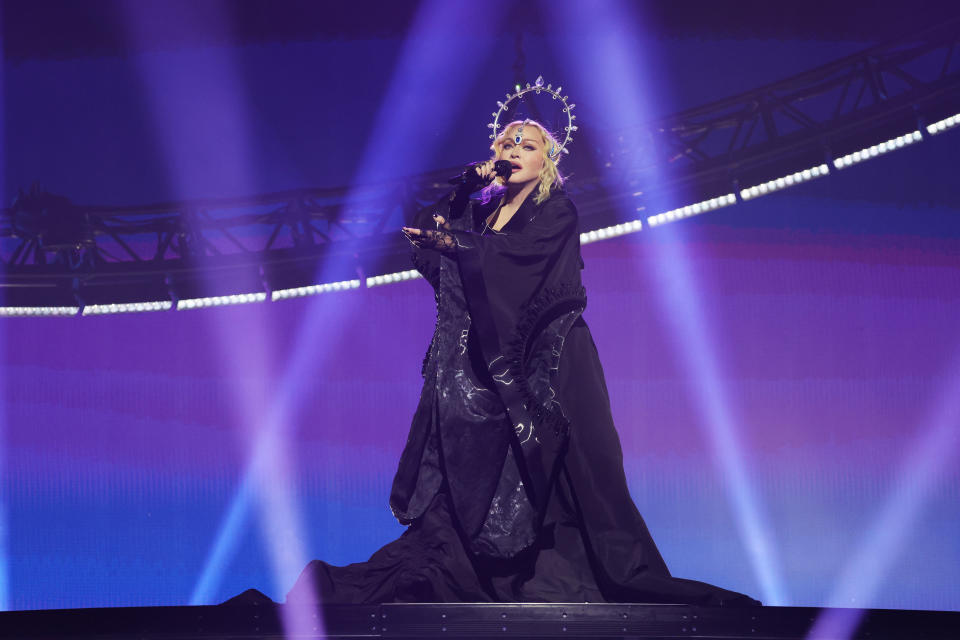
Even COVID-19 felt like a bump in the road that would soon be overcome, as famous heads continued to sport his designs, including Ukraine’s First Lady Olena Zelenska, who wore a black silk headpiece for an audience with Pope Francis, and Blackpink’s Rosé and Lisa, sporting pastel baker boy caps in their 2021 “Ice Cream” music video.
The brand was going from strength to strength, growing on average 25 percent year-on-year, with 2022 slated to be its most successful year to date. Retailers were placing ever larger orders, with wholesale accounting for around 70 percent of the business and a strategy to double its own e-commerce sales, Yasinsky said. Baginskiy’s mother, now the head of production, managed some 100 craftspeople.
Then Russia attacked Ukraine. Everything ground to a halt overnight. International and domestic deliveries became impossible. B2C sales dwindled to zero. The brand decided to relocate to Lviv, less affected by the conflict, with all its teams.
Though continuing operations was a long shot, “our goal was to prove that we can be a reliable partner even when nobody believes it’s possible,” Baginskiy said. “And honestly, this goal helped me and the team so much: when the world you know is about to crash, your work can be an island of stability and emotional support.”
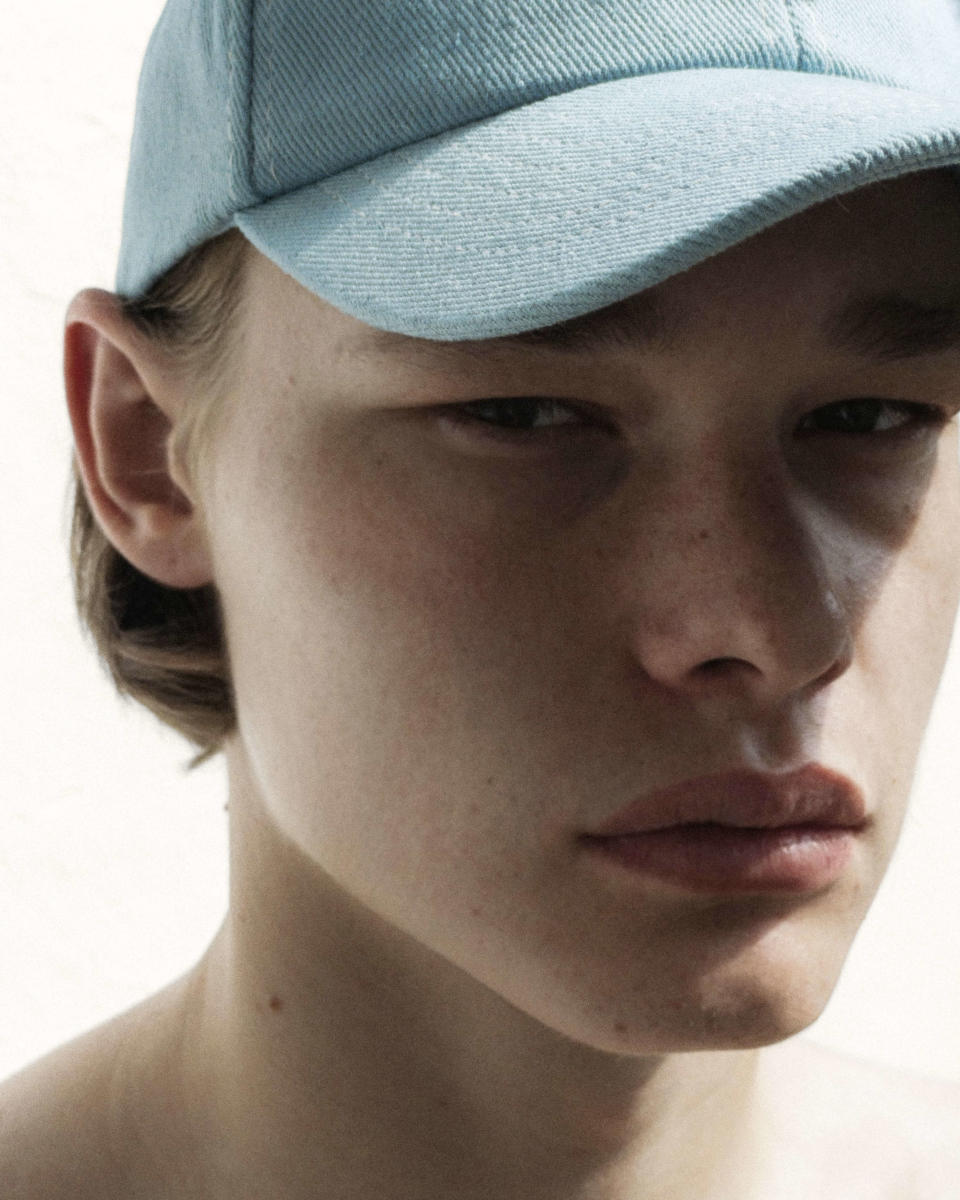
Plus, he and his partners felt they owed it to their country and compatriots. As they scrambled to negotiate with international retailers — who proved overwhelmingly supportive — selling baseball caps in the blue and yellow colors of Ukraine’s flag help them raise around $100,000 for charity.
The team returned to Paris, although Baginskiy and Yasinsky require special permission to travel, like their male compatriots of drafting age. The brand opened a second flagship in Lviv and held a three-month pop-up in the Carpathian Mountains.
Though it was about survival — as a business but also for morale, too — “surprisingly, the financial result was OK,” Baginskiy said. The overall net result was 30 percent below 2021 due to the additional expenses, even as revenue increased, according to the brand.
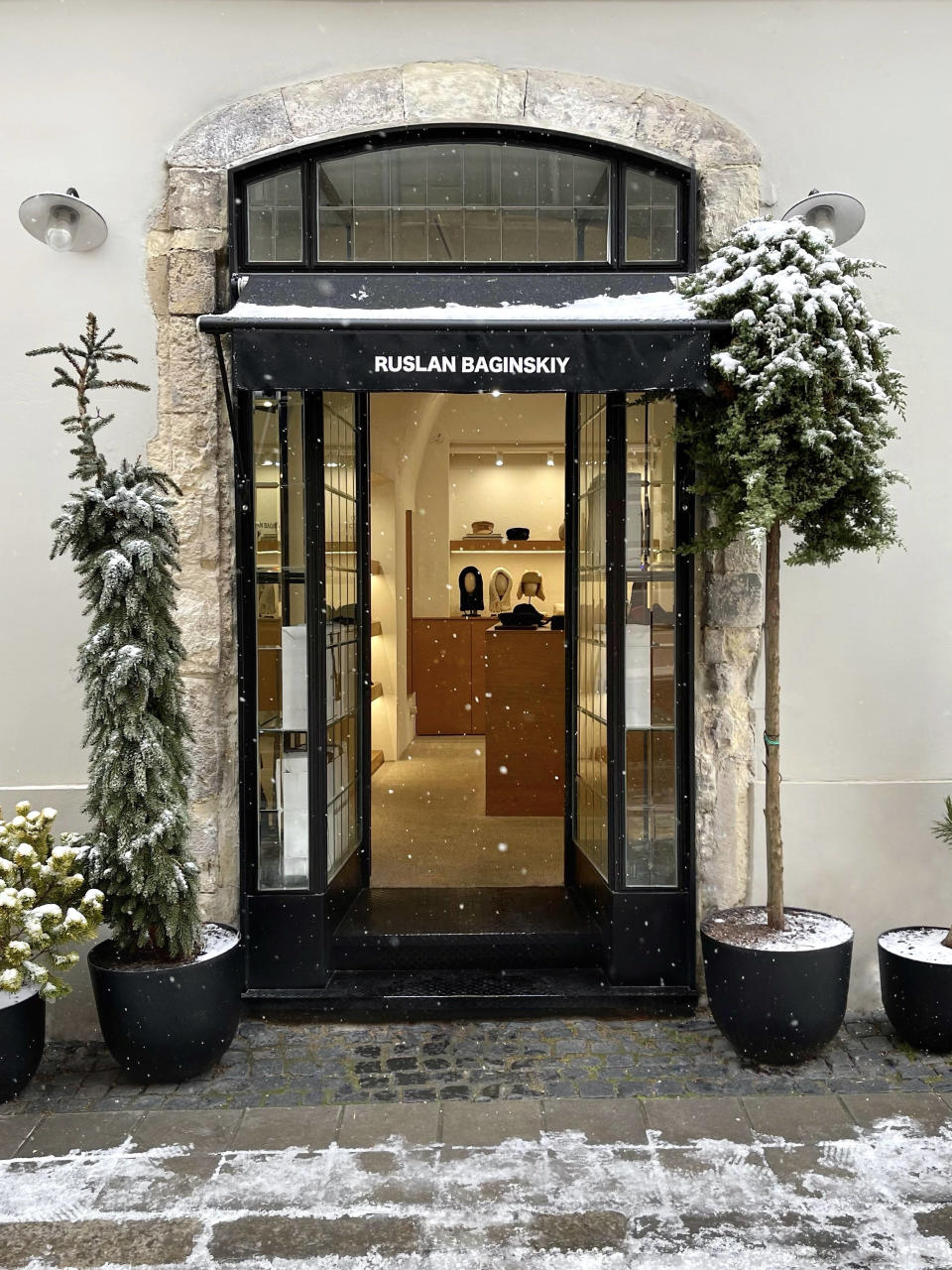
Nowadays, its biggest markets are the U.S., Germany, Italy, the U.K., Taiwan and Ukraine, although Semerei said working with global online retailers made it more difficult to pinpoint destinations. In Asia, wholesale business grew 35 percent in 2022. The U.S. accounts for 50 percent of its own e-commerce sales.
In 2023, wholesale accounts were the brand’s strong focus, and this is the 2024 strategy as well, with business expected to grow again.
Increased exposure, such as designing Beyoncé’s head gear for her “Renaissance” tour — including giant metallic boaters worn by her and her dancers — will certainly help. Beyond immediate tangible impact on sales, “it’s more about loyal audiences than the number of followers,” Baginskiy said. “Just imagine, when Beyoncé wore that silver hat for the first time, people started to wear RB hats they already owned or bought them to attend her shows.”
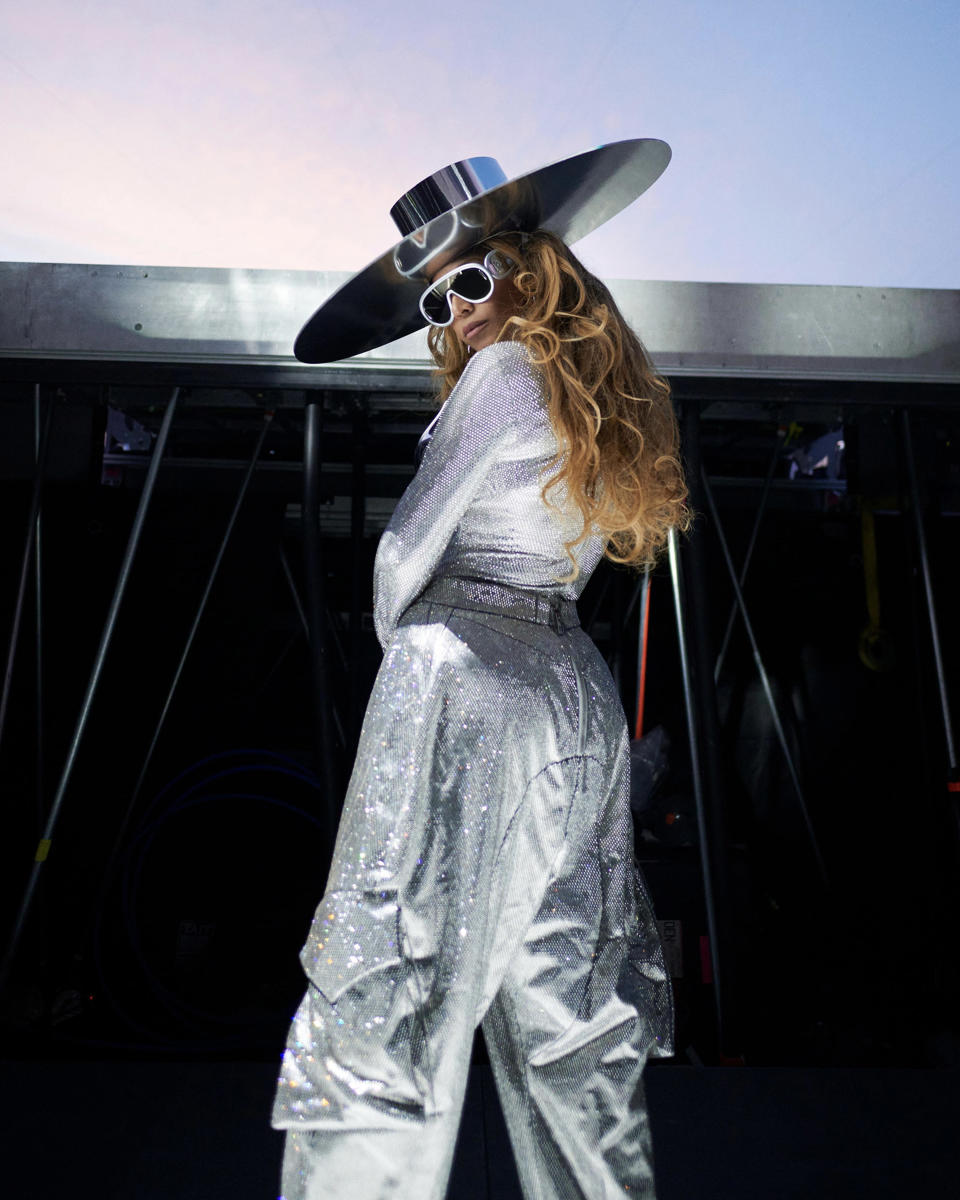
It’s also given the brand confidence to introduce its jewelry range during Paris Fashion Week, with hand-beaded earrings and necklaces priced between $240 and $850 for a design that takes some 30 hours to make. There were also natural soy wax candles with a scent evoking a summer’s night in hand-blown glass vessels, entirely produced in Lviv, which are expected to be released in time for the holidays.
Coming up next for the brand is a show-slash-performance in January, and looking for the perfect spot for a Paris flagship.
Through it all, how does Baginskiy keep his own spirits up? Because it’s all “for future generations,” he said. Eyes firmly forward, Yasinsky added they needed “to be a good example for them that everything is possible – we don’t have enough brands, fashion schools, universities.”
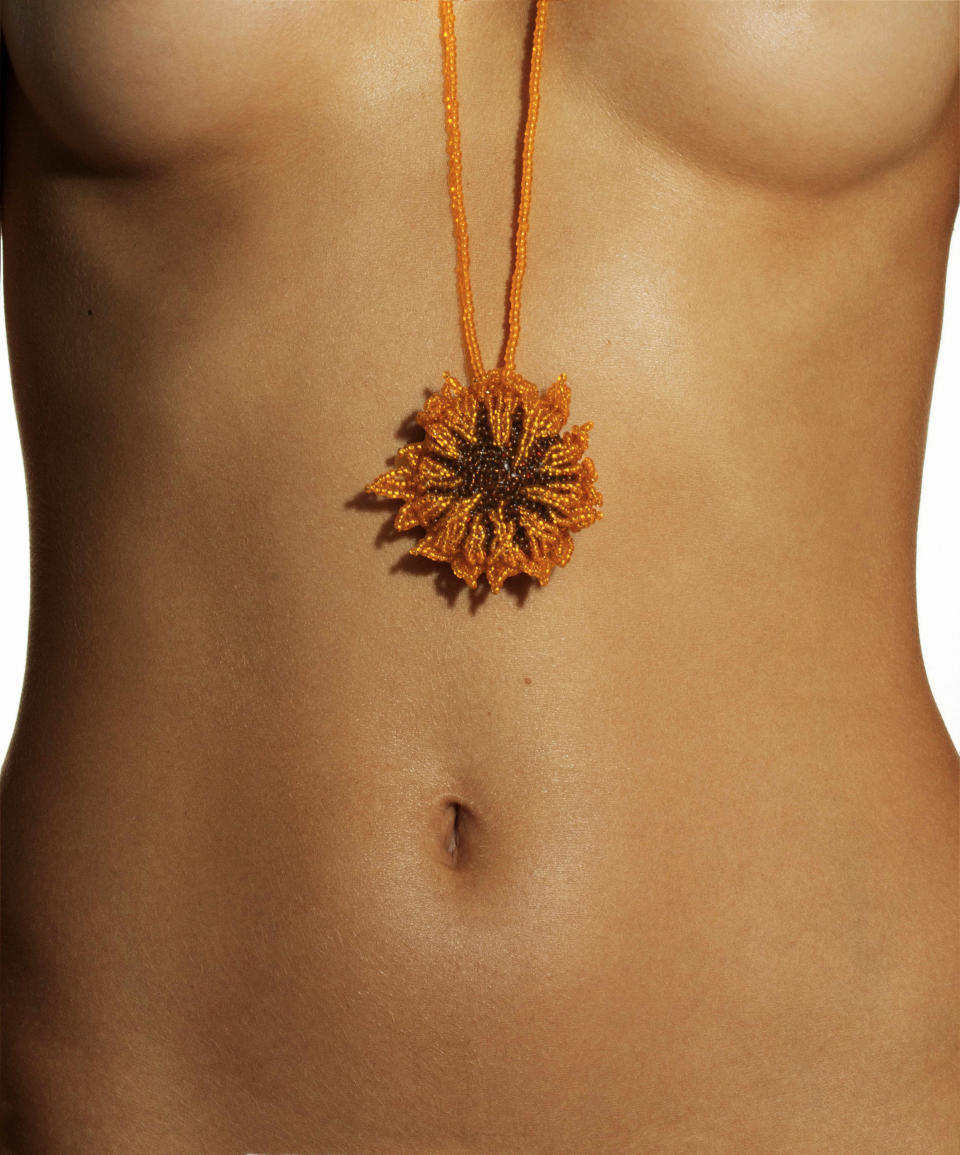
Best of WWD
